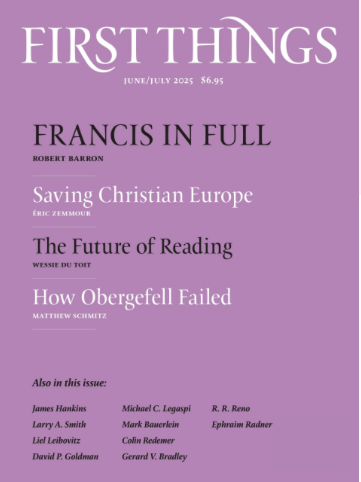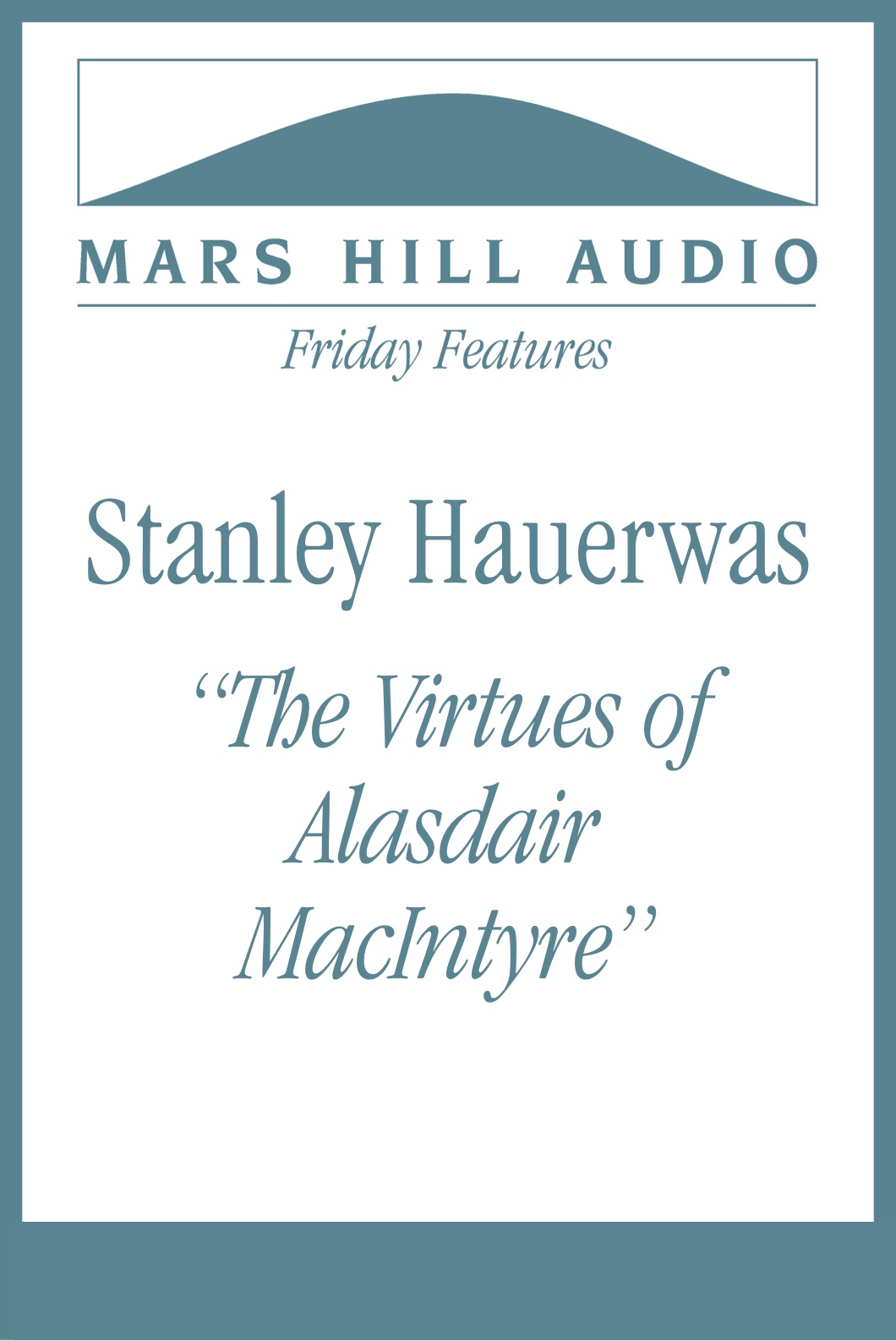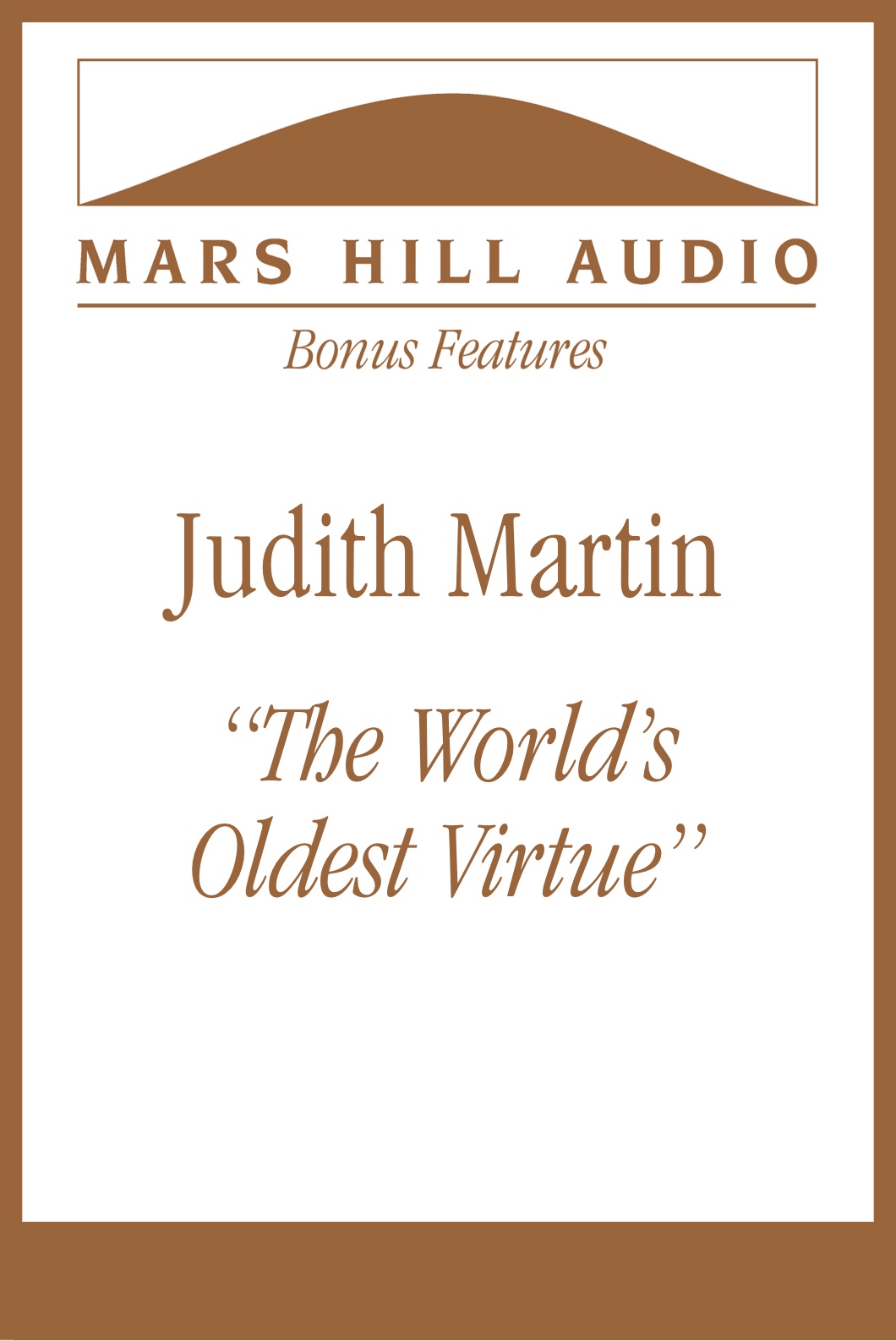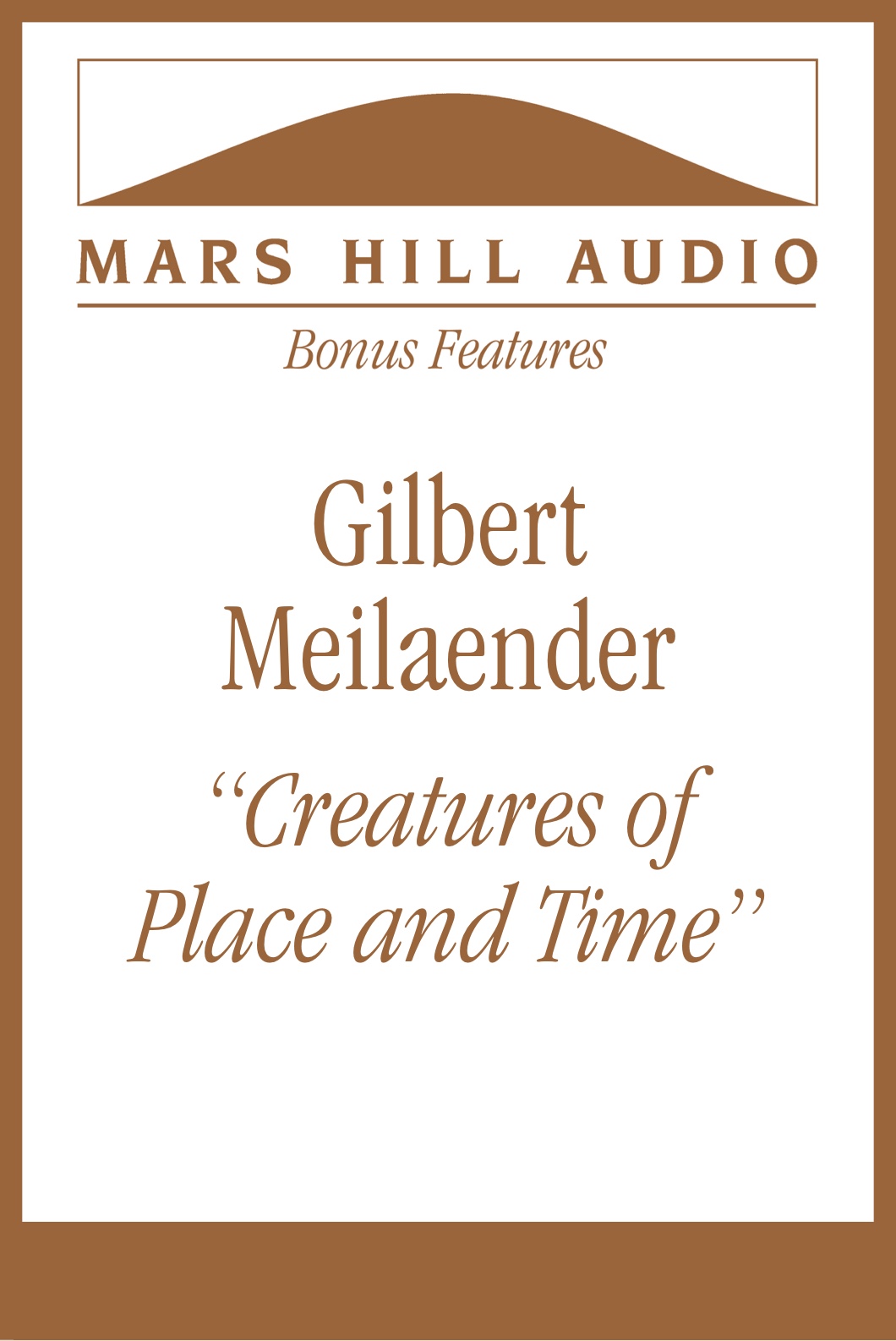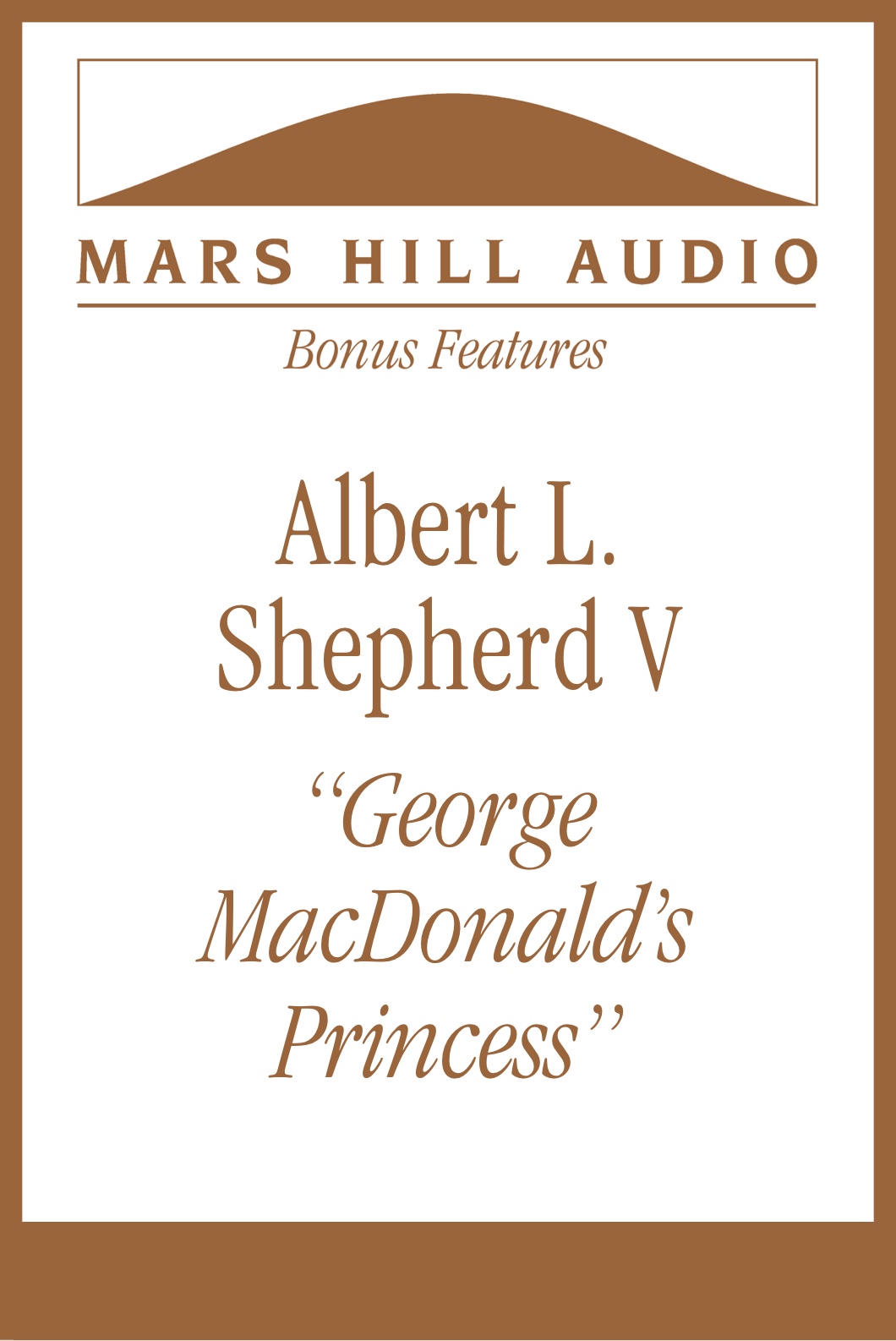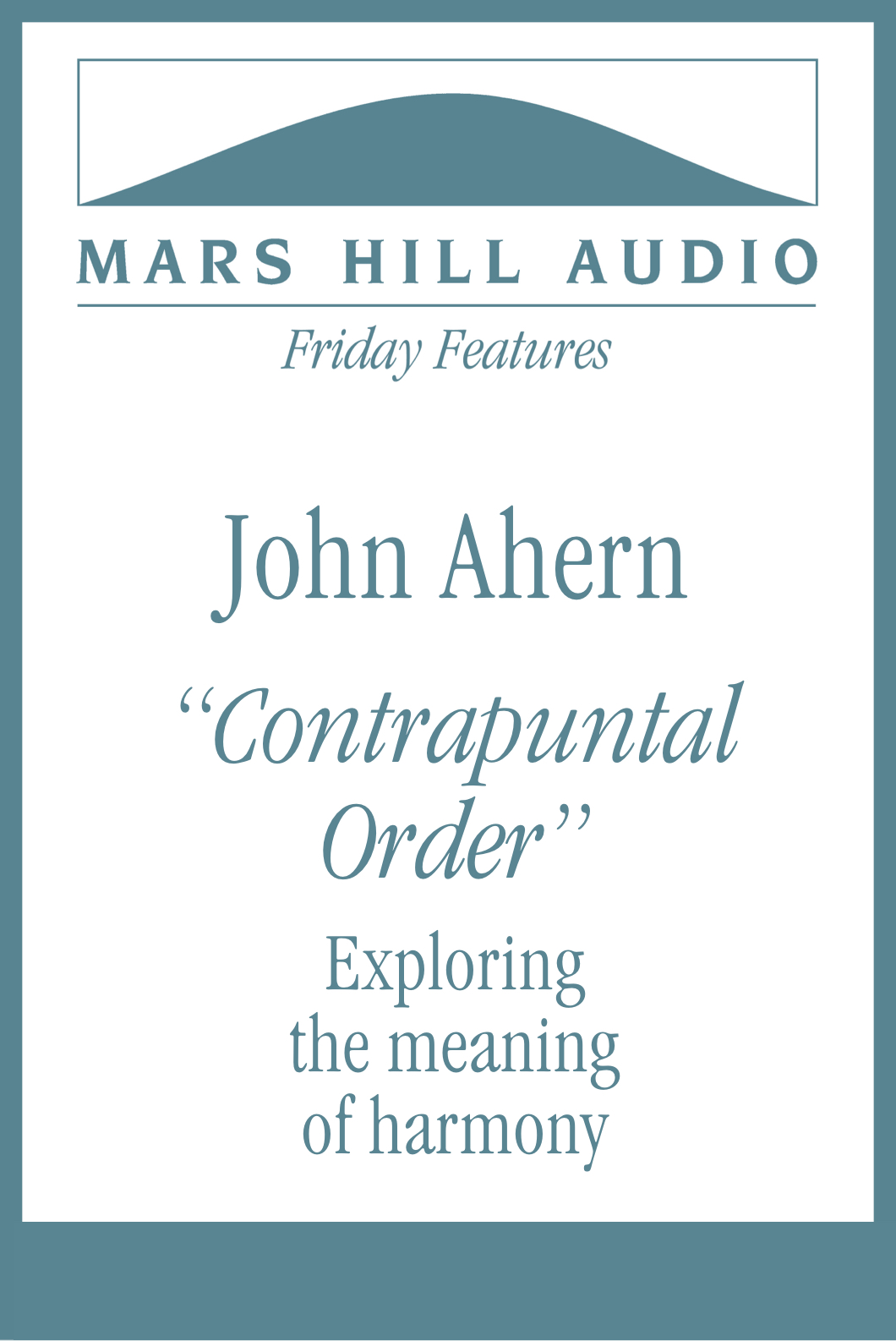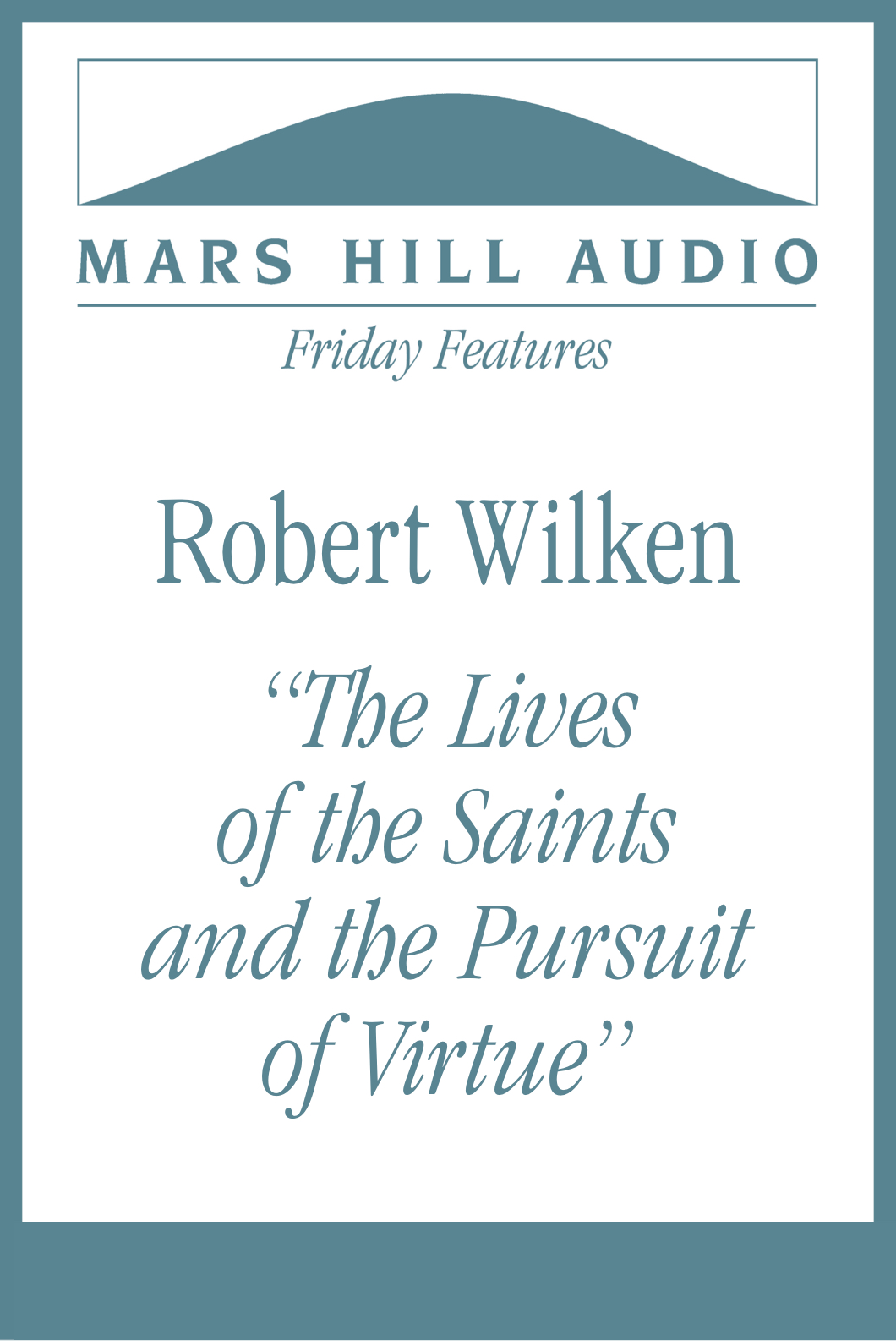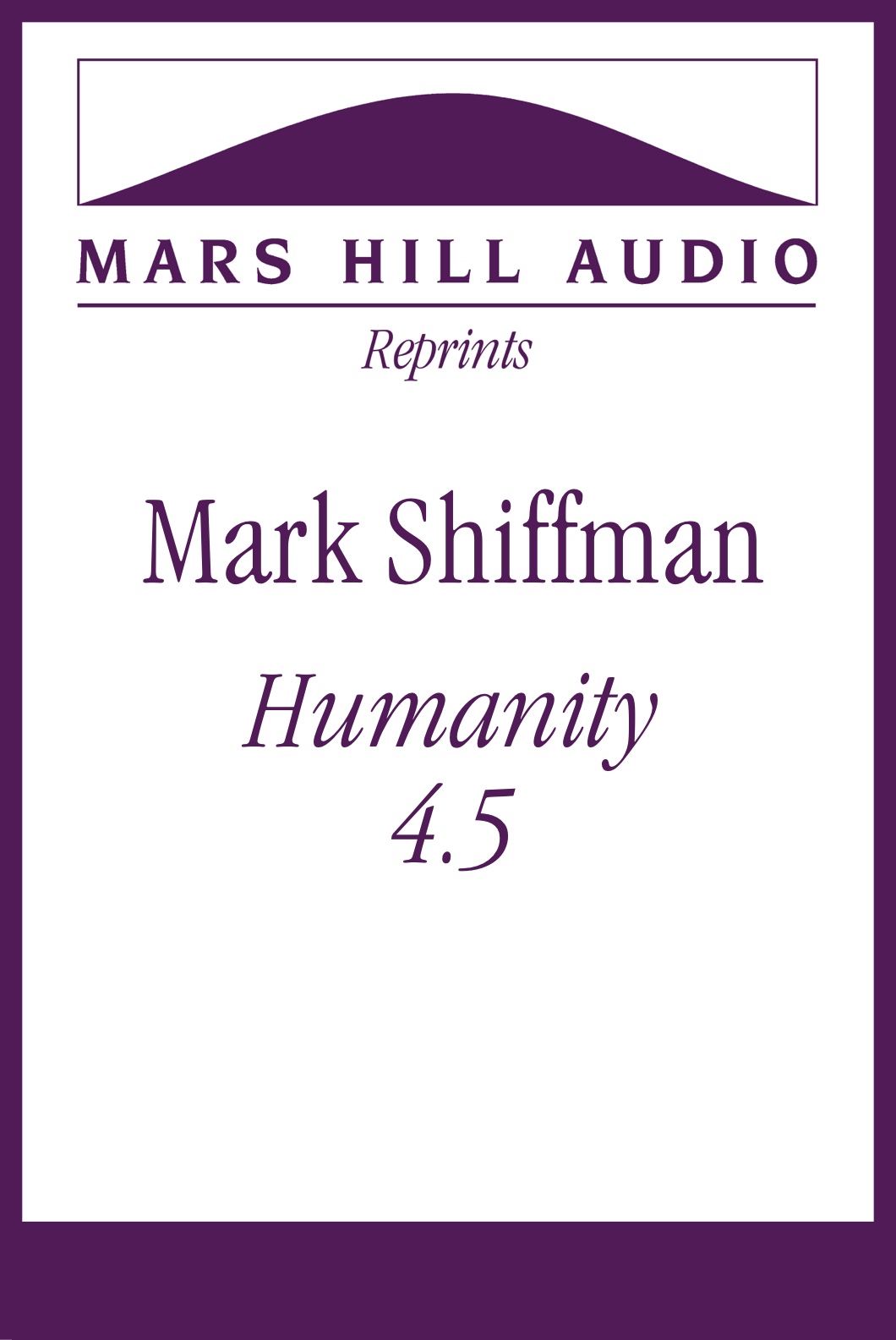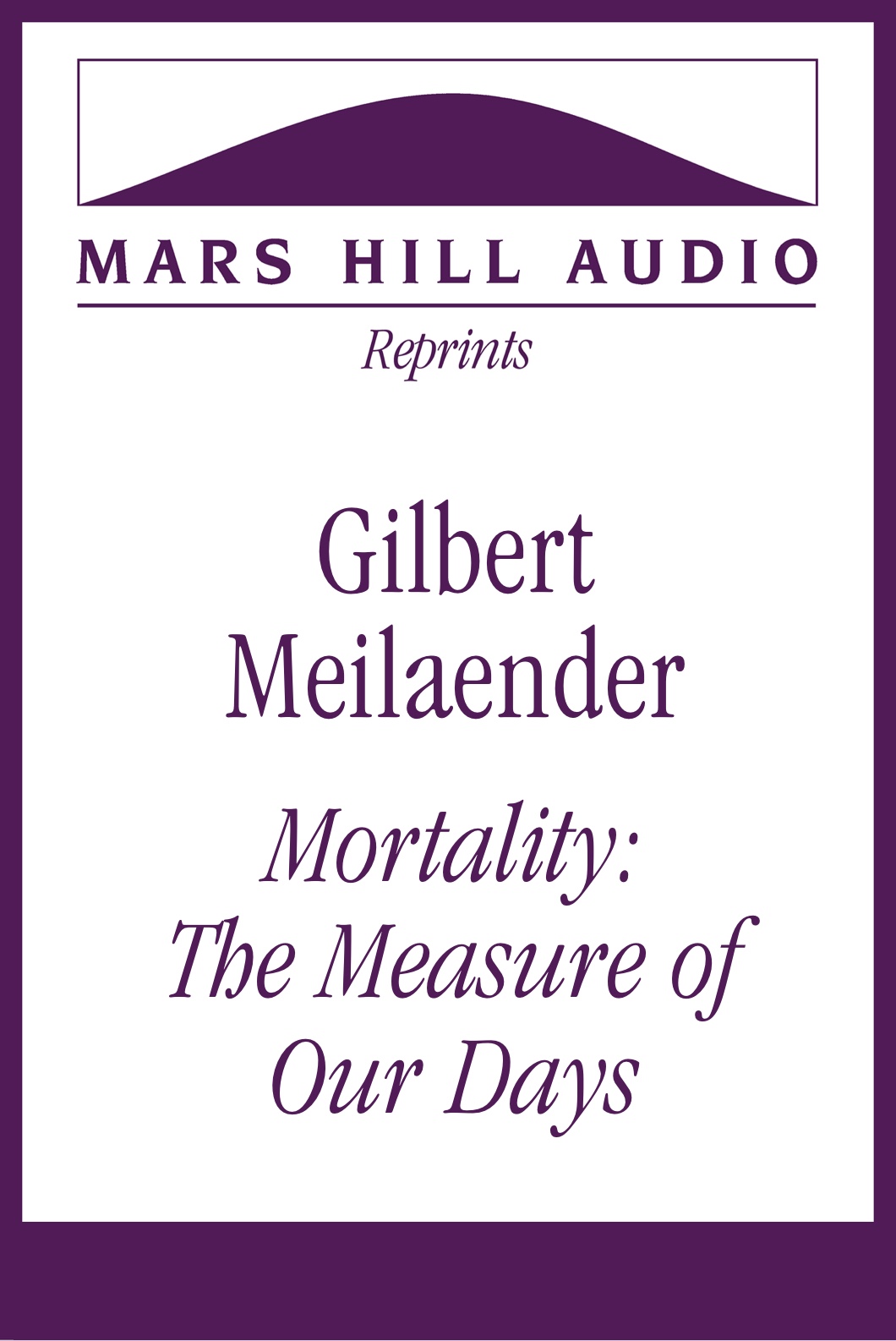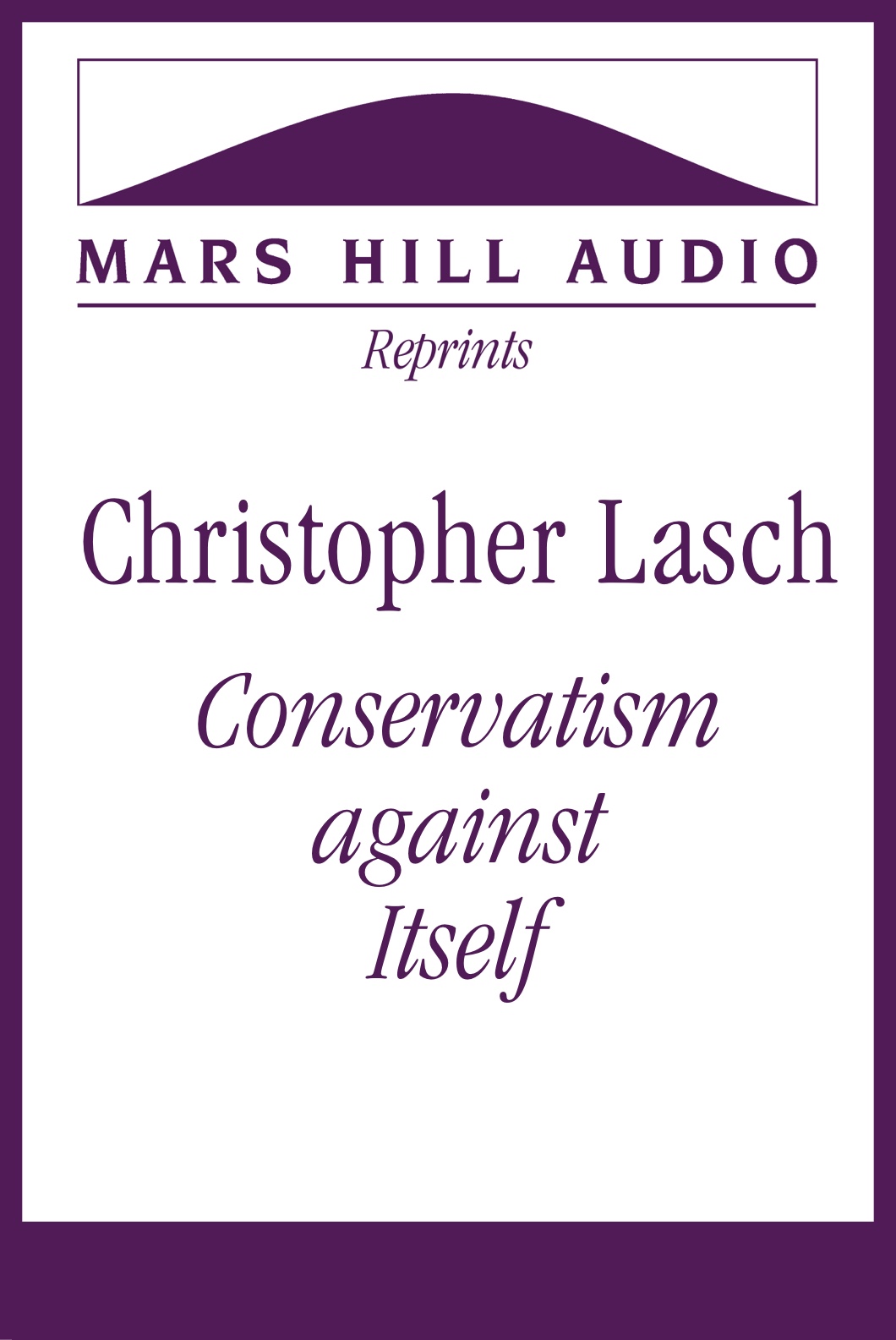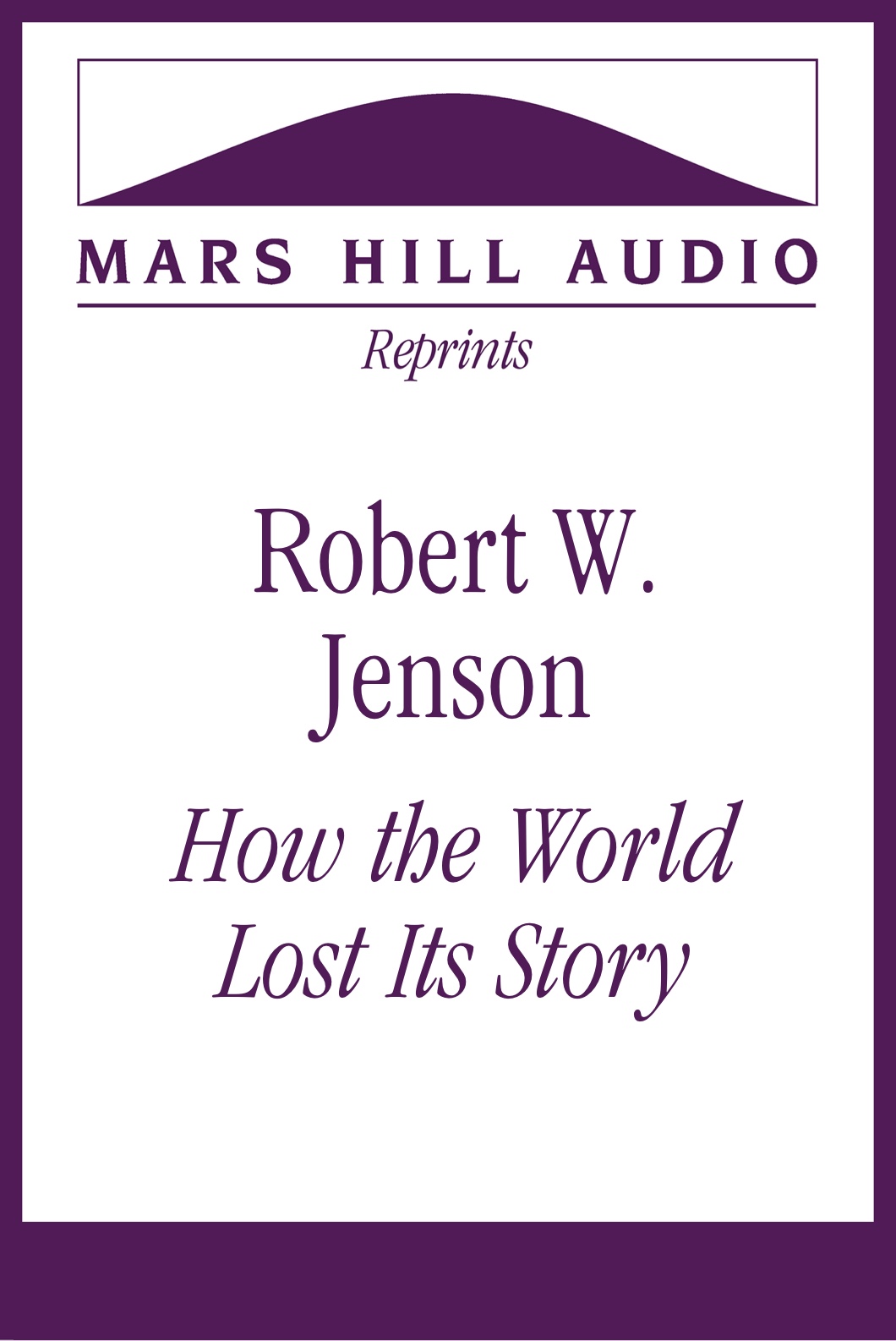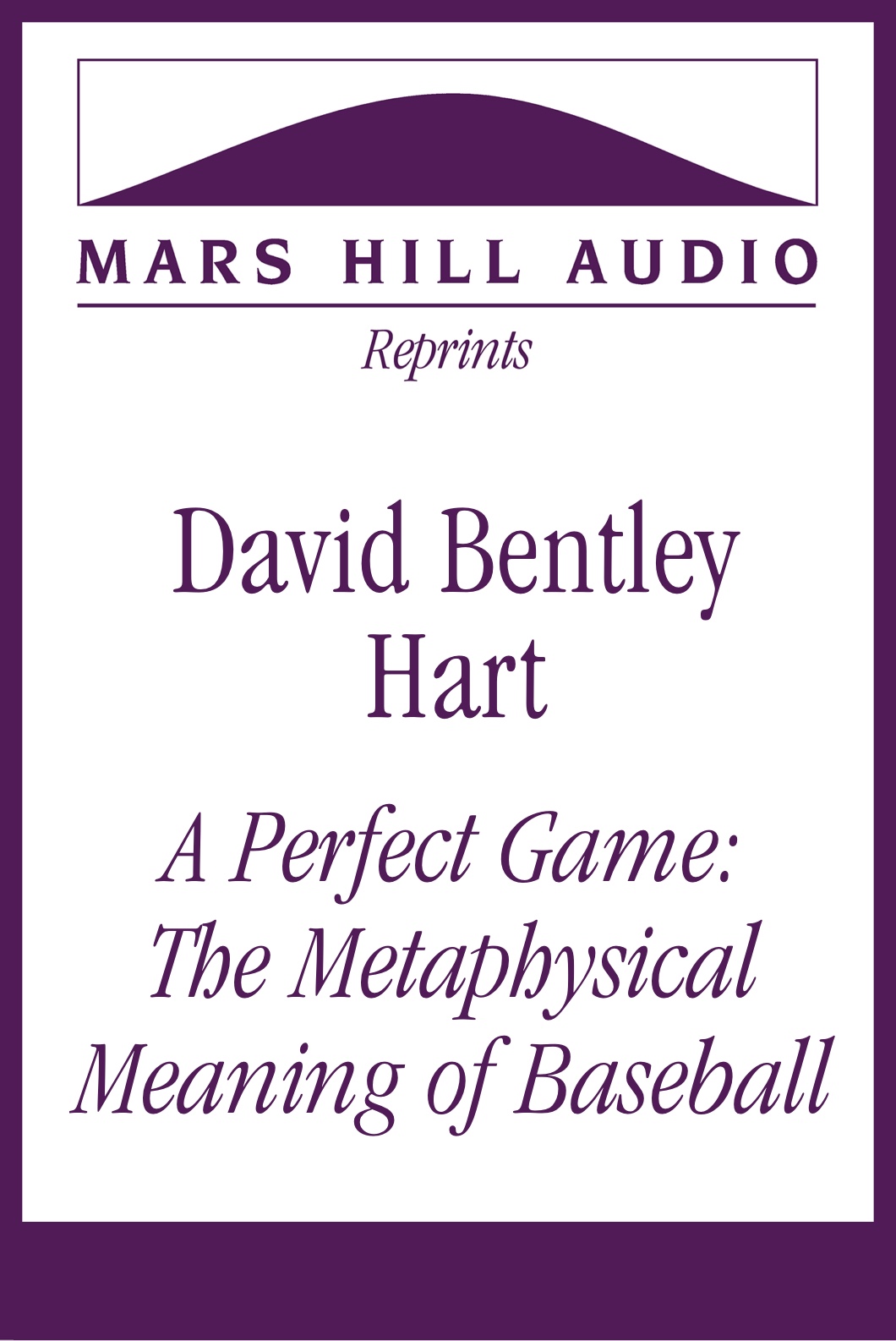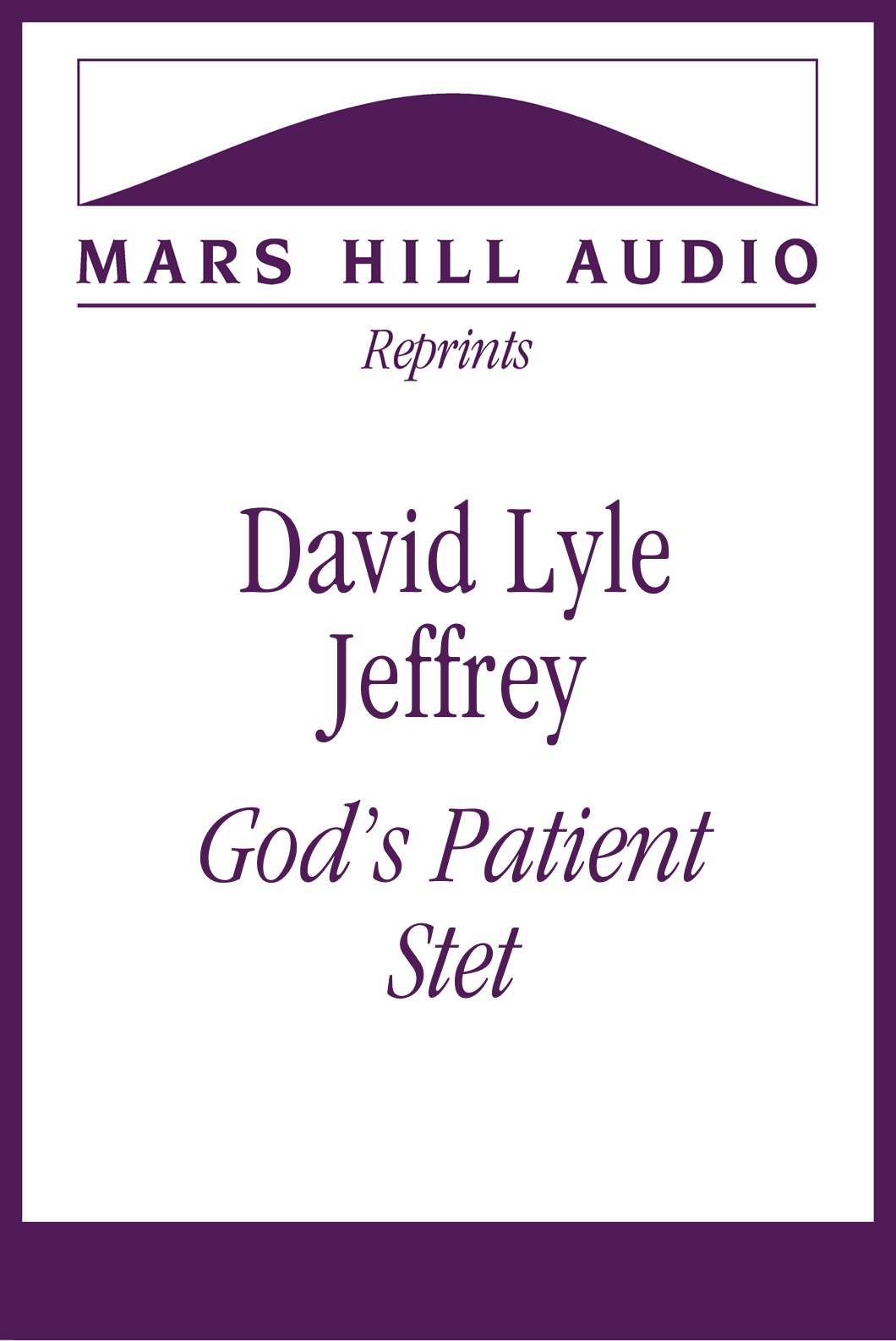
Established in 1990 and published ten times a year, First Things publishes in-depth, grounded commentary on the pressing issues of the day. Writers and readers of First Things include scholars, engaged citizens, and government, business, and church leaders. The magazine publishes economic analysis, policy proposals, judgment about how to use American power abroad, and clear, realistic thinking about how to bring the fragmenting elements of American conservatism into a workable, coherent coalition. First Things examines the metaphysical and religious foundations necessary for cultural renewal in the West, affirming a commitment to the first principles that are central to a flourishing public life.
The inaugural issue of First Things was published in March 1990. The magazine’s founding editorial, “Putting First Things First,” can be found here. Today, First Things encompasses the print magazine, which is published ten times each year; firstthings.com, which publishes daily “web exclusive” articles; and two regular podcasts: Conversations with Mark Bauerlein and The Editor’s Desk.
The Institute on Religion and Public Life, a 501(c)3 nonprofit organization (EIN: 52-1628303) and the publisher of First Things, was founded in 1989 by Richard John Neuhaus, a Lutheran pastor who later became a Catholic priest. (Incidentally, Ken Myers worked with Neuhaus on a predecessor publication to First Things, a quarterly journal called This World.) The Institute’s mission is to advance a religiously informed public philosophy for the ordering of society. In addition to publishing First Things, the Institute on Religion and Public Life executes core educational programs, including:
- Erasmus Lecture, which enters its 35th year and now comprises a poetry reading, a post-Lecture dinner for Editor’s Circle donors and leading scholars, and a next-day scholarly colloquium;
- Evangelicals and Catholics Together, which was established in 1994 and continues to convene prominent Protestant and Catholic scholars to publish public statements on critical theological, cultural, and political topics;
- Junior Fellows program, which trains two recent graduates each year;
- Half-day executive seminars in cities around the country;
- Intensive weekend Intellectual Retreats;
- First Things Lecture in Washington, D.C.;
- Our reading group, which meets monthly from September through May, with both in-person and Zoom options available; and
- Other events, including arts events, book signings, and lectures at our Manhattan editorial office and around the country.
In addition to First Things editor R. R. Reno, many of the magazine’s key contributors have been guests on the Mars Hill Audio Journal.
The current volume:
SELECT CONTENTS:
Bishop Robert Barron
“Francis in Full”
Eric Zemmour
“Saving Christian Europe”
Matthew Schmitz
“How Obergefell Failed”
